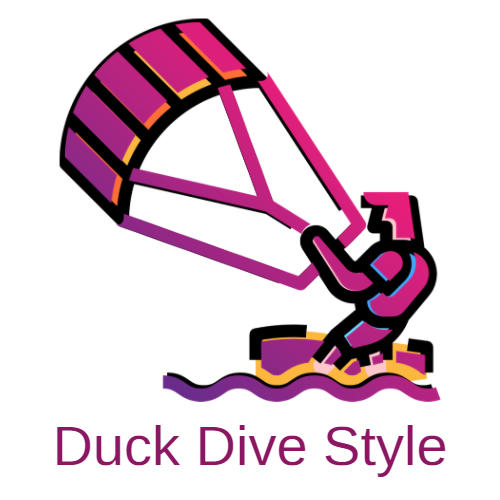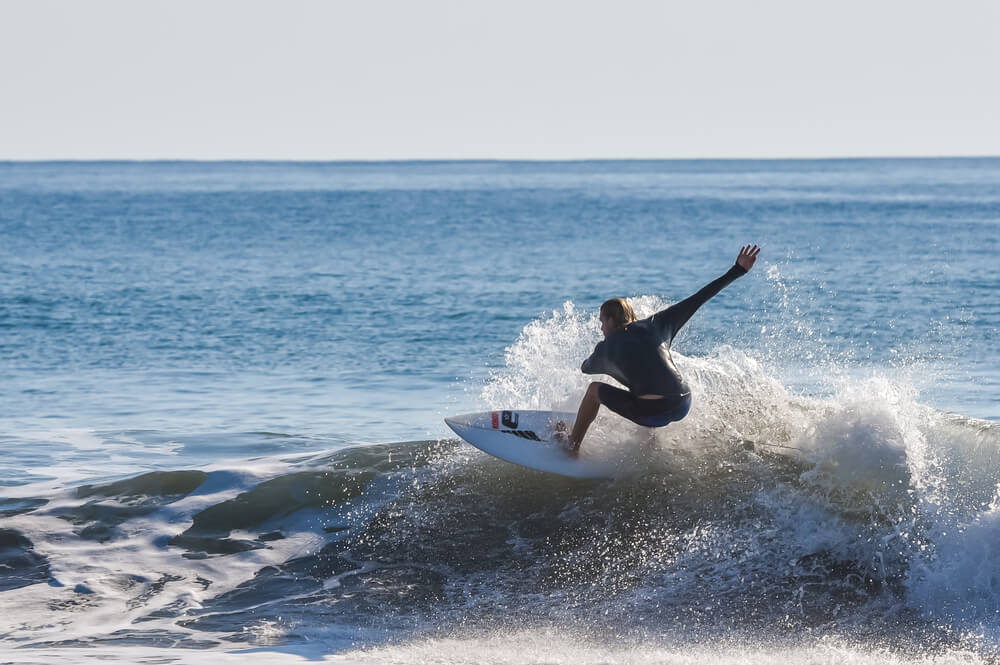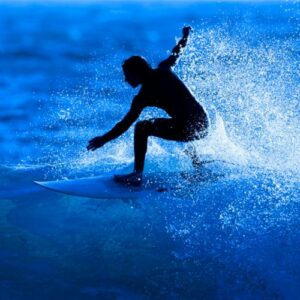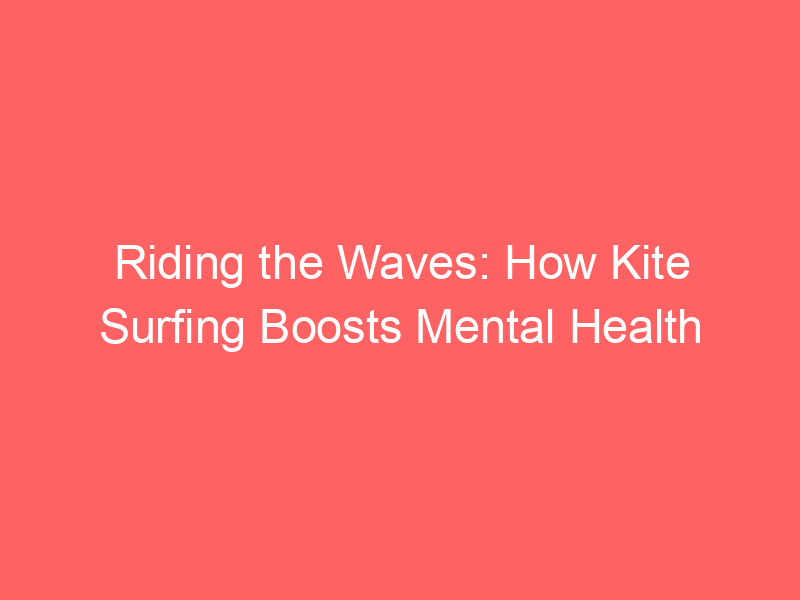Costa Rica is a popular surfing destination with numerous surf resorts to choose from. While the best surf resort depends on your individual preferences, skill level, and budget, here are some top options to consider:
- Witch’s Rock Surf Camp (Tamarindo):
Located in Tamarindo, this surf camp offers surf lessons, beachfront accommodations, and a lively atmosphere. It caters to beginners and advanced surfers alike, with friendly instructors and consistent waves. - Playa Hermosa Surf Lodge (Playa Hermosa):
This surf lodge is situated on the beautiful black sand beach of Playa Hermosa. It offers surf lessons, equipment rentals, and comfortable accommodations. The area is famous for its consistent waves and is suitable for intermediate to advanced surfers. - Nosara Surf Academy (Nosara):
Located in the heart of Nosara, this surf academy offers expert coaching, personalized instruction, and a range of accommodations. The nearby beaches, like Playa Guiones, are perfect for beginners and experienced surfers. - Kina Surf (Santa Teresa):
This boutique surf camp is nestled in the vibrant beach town of Santa Teresa. It offers surf lessons, yoga classes, and stylish accommodations. The waves at Santa Teresa are ideal for surfers of all levels. - Dominical Waverider Surf Camp (Dominical):
- Situated on the Pacific coast, this surf camp offers surf lessons, adventure tours, and a range of accommodation options. Dominical is known for its consistent waves and uncrowded beaches.
- Lapoint Surf Camp (Santa Teresa):
Lapoint is an international surf camp chain with a location in Santa Teresa. It offers professional coaching, modern facilities, and a variety of accommodations. The camp caters to surfers of all skill levels. - Costa Rica Surf Camp (Playa Dominical):
This surf camp provides surf lessons, equipment rentals, and accommodations in a tropical setting. The camp is suitable for beginners and intermediate surfers, with access to consistent waves at nearby beaches. - Selina Surf Club (Multiple locations):
Selina is a chain of hostels that offer surf camps at various locations in Costa Rica, such as Santa Teresa, Nosara, and Jaco. They offer surf lessons, equipment rentals, and a range of accommodations, including dorms and private rooms.
These are just a few of the many surf resorts and camps available in Costa Rica. When choosing the best one for you, consider factors like the type of waves, location, budget, and available amenities.
Costa Rica, a small Central American country, is widely regarded as a surfer’s paradise. Blessed with over 1,200 kilometers of coastline, it boasts incredible waves and stunning scenery. Its warm climate, consistent swells, and friendly locals make it an unparalleled surfing destination. Costa Rica’s unique combination of Pacific and Caribbean coasts allows surfers to experience a diverse range of waves, making it the ultimate destination for those who love to ride the swell.
One of the reasons Costa Rica stands out from other surf destinations is its rich biodiversity. The lush rainforests and diverse wildlife create an enchanting backdrop for your surfing adventures. Costa Rica is home to more than 5% of the world’s biodiversity, making it a haven for eco-tourists and adventurers alike. As you catch waves, you might be joined by sea turtles, dolphins, or even the occasional whale.
Surfing in Costa Rica is not just about the sport; it’s about immersing yourself in the country’s rich culture and breathtaking beauty. Whether you’re a seasoned surfer or a beginner looking to learn, the warm waters and friendly vibes of Costa Rica will make you fall in love with this surfing paradise. Each break, each wave, and each friendly encounter with locals will create stories you’ll cherish for a lifetime, solidifying Costa Rica’s status as the best surf destination of them all.
Surfing in Costa Rica is a fantastic experience, but to ensure a safe and enjoyable time, it’s essential to follow some basic do’s and don’ts:
Do’s:
- Learn about local surf breaks: Each surf spot has unique characteristics, such as wave size, direction, and potential hazards. Research the breaks, talk to locals, or hire a local surf guide to help you understand the area better.
- Wear appropriate gear: A good quality rash guard or wetsuit top will protect you from the sun and potential skin irritations. Sunscreen is a must, as the Costa Rican sun can be intense. Wear eco-friendly, water-resistant sunscreen to minimize impact on the environment.
- Warm-up and stretch: Surfing is a physically demanding sport. Take the time to warm-up and stretch your muscles to reduce the risk of injury.
- Practice good surf etiquette: Respect the local surfers and follow the basic rules of surf etiquette. This includes not dropping in on someone else’s wave, avoiding paddling through the lineup, and being polite and patient with other surfers.
- Be mindful of the environment: Costa Rica is known for its natural beauty and biodiversity. Do your part to protect the environment by using eco-friendly products, disposing of trash properly, and respecting the local wildlife.
- Learn basic Spanish phrases: While many Costa Ricans speak English, learning some basic Spanish phrases will help you communicate better and show respect for the local culture.
- Take surf lessons: If you’re new to surfing, taking lessons from a reputable surf school will help you learn proper techniques and stay safe in the water.
Don’ts:
- Don’t surf alone: Surfing with a buddy or in a group is always safer, especially in unfamiliar waters. If you’re new to the area, consider joining a surf camp or hiring a local surf guide.
- Don’t surf during a storm or in dangerous conditions: Costa Rica can experience heavy rain and thunderstorms, especially during the rainy season. Avoid surfing in these conditions and pay attention to local weather forecasts.
- Don’t leave your belongings unattended: While Costa Rica is generally safe, petty theft can occur. Keep your belongings secure by using a waterproof bag or leaving them with a trusted friend on the beach.
- Don’t touch or disturb wildlife: Costa Rica is home to diverse marine life, including sea turtles, dolphins, and whales. Keep a safe distance and avoid touching or disturbing them.
- Don’t paddle out if you’re not confident: Know your limits and don’t attempt to surf waves beyond your skill level. This can put you and others at risk.
- Don’t drink alcohol before surfing: Alcohol impairs your judgment, coordination, and reaction time. Stay sober when surfing to ensure your safety and the safety of others.
By following these do’s and don’ts, you’ll have a safe and enjoyable surfing experience in Costa Rica while also showing respect for the local environment and culture.








